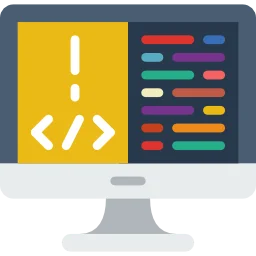0
Notifications Mark All Read
No New notification
- Login
- Get Prime
C Programs that won’t Compile in C++
About C Program
On this page we will discuss about the C programs that won’t compile in C++. There are a few key differences between C and C++ that can lead to different behaviour in programs written in these languages.
C Programs that won’t compile in C++
Here, is list of some of the C programs that won’t compile in C++ :
However, in C++, this is not allowed and will result in a compiler error.
Example:
#include <stdio.h>
int main()
{
const int x = 5;
int *ptr = &x; // non-const pointer pointing to a const variable
*ptr = 10;
// The below assignment is invalid in C++,results in error.
// In C, the compiler may throw a warning, but casting is implicitly allowed
printf ("x = %d\n", x);
return 0;
}
Output:
x = 10
However, in C++ this is generally not allowed and will result in a compiler error.
Example:
#include <stdio.h>
int main()
{
int x = 5;
double* d_ptr = (double *) &x;
printf ("x = %f\n", *d_ptr);
return 0;
}
Output:
x = -0.000000
However, in C++, this is not allowed, and the compiler will raise an error.
Example:
#include <stdio.h>
int main()
{
const int x;
printf("x = %d\n", x);
return 0;
}
Output:
x = 0
4) Strict type checking: C does not have strict type checking when it comes to arithmetic operations and it allows you to perform operations between different data types, like int and float. However, in C++ this is generally not allowed and will result in a compiler error.
Example:
#include <stdio.h>
int main()
{
int x = 5;
float y = 2.5;
int result = x + y; // mixing int and float type
printf ("result = %d\n", result);
return 0;
}
Output:
result = 7
Prime Course Trailer
Related Banners
Get PrepInsta Prime & get Access to all 200+ courses offered by PrepInsta in One Subscription
Get over 200+ course One Subscription
Courses like AI/ML, Cloud Computing, Ethical Hacking, C, C++, Java, Python, DSA (All Languages), Competitive Coding (All Languages), TCS, Infosys, Wipro, Amazon, DBMS, SQL and others

 0
0


Login/Signup to comment